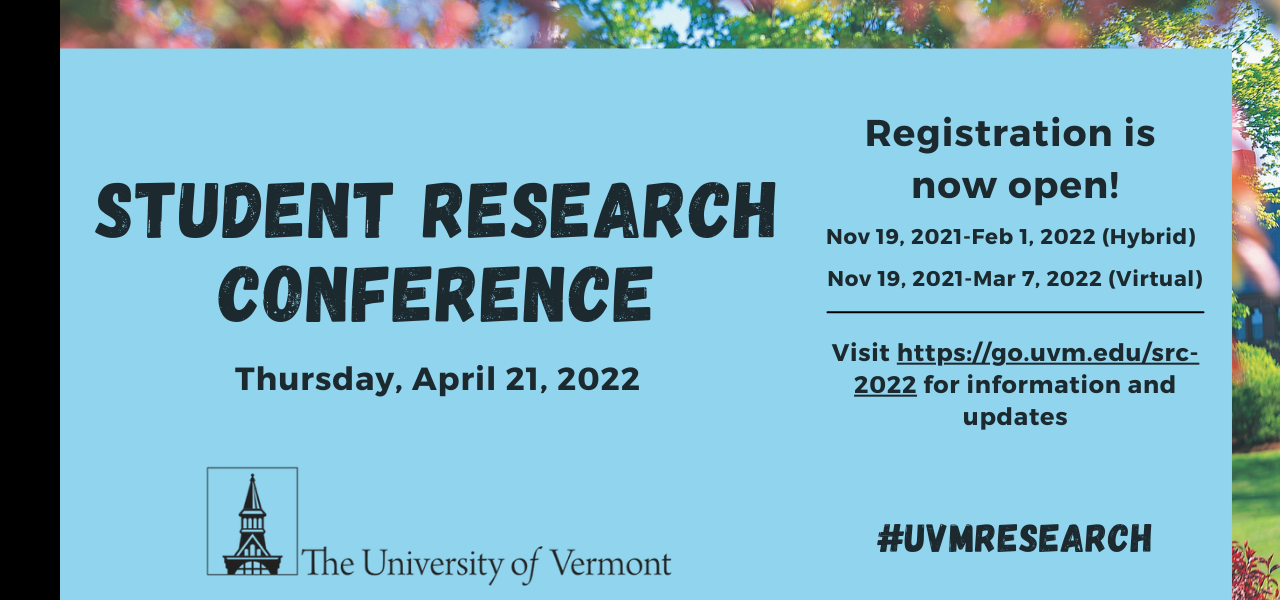Water column stability effects on phytoplankton community assembly in Missisquoi Bay, Lake Champlain
Conference Year
January 2022
Abstract
Phytoplankton influence freshwater lakes by altering oxygen, nutrient cycling, and the light environment. In Lake Champlain and globally, climate change has altered the seasonality of ecosystem processes and phytoplankton community succession. This research aims to assess the impact of stochastic mixing events on phytoplankton community assembly in Missisquoi Bay, and identify taxa and functional traits that are resilient to these events. We used high-frequency water temperature data to calculate water-column stability, and characterized phytoplankton communities before, during, and following disturbance events. Results will improve our understanding of phytoplankton community assembly and lake ecosystem function in response to climate change pressure.
Primary Faculty Mentor Name
Ana Morales-Williams
Graduate Student Mentors
Katelynn Warner
Status
Undergraduate
Student College
Rubenstein School of Environmental and Natural Resources
Program/Major
Environmental Sciences
Primary Research Category
Biological Sciences
Water column stability effects on phytoplankton community assembly in Missisquoi Bay, Lake Champlain
Phytoplankton influence freshwater lakes by altering oxygen, nutrient cycling, and the light environment. In Lake Champlain and globally, climate change has altered the seasonality of ecosystem processes and phytoplankton community succession. This research aims to assess the impact of stochastic mixing events on phytoplankton community assembly in Missisquoi Bay, and identify taxa and functional traits that are resilient to these events. We used high-frequency water temperature data to calculate water-column stability, and characterized phytoplankton communities before, during, and following disturbance events. Results will improve our understanding of phytoplankton community assembly and lake ecosystem function in response to climate change pressure.


